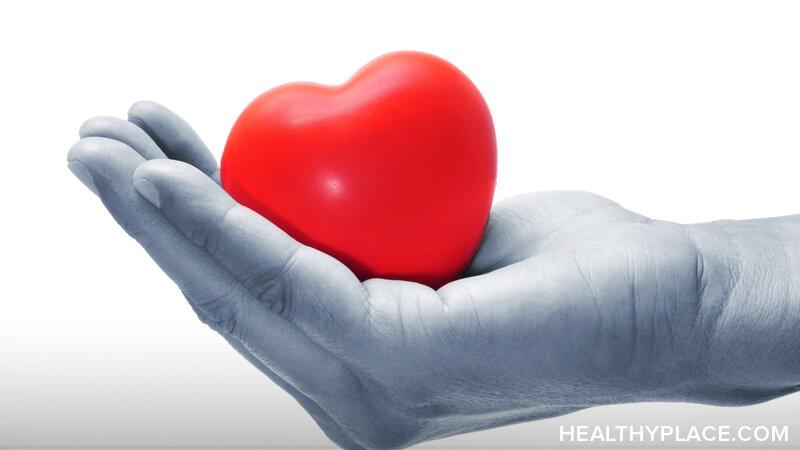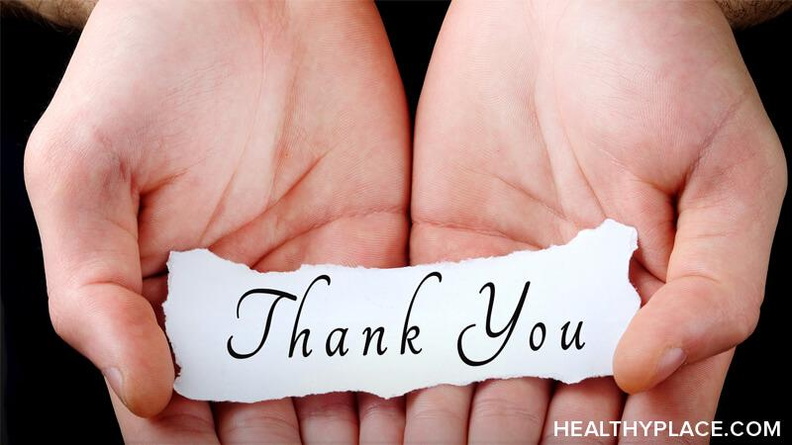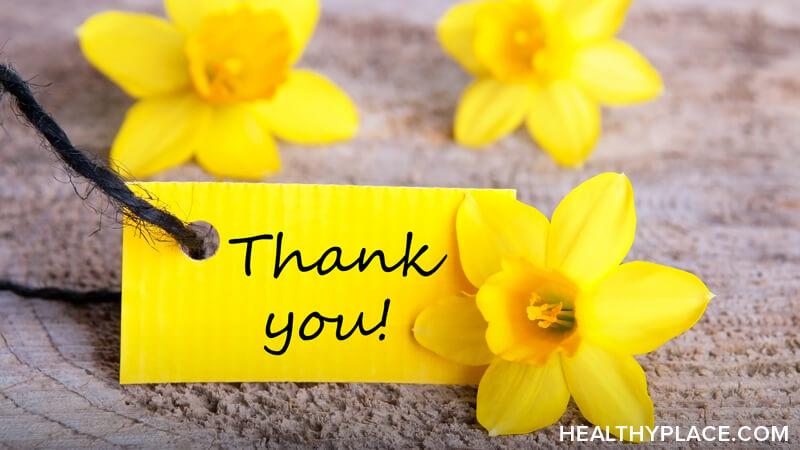Your Budding Daughter: Some Practical Suggestions for Parents
What? Already?
Puberty in Girls, Step By Step
The Stages of Development
'Is This Normal?' When to See Your Physician
Helping Your Daughter to Be Well-Informed
Sex Education
Menstruation, tampons and pads
Bras
In Closing
What? Already?
Puberty! It started happening to my 10-year-old daughter this spring. She needed new sandals - women's size 7 sandals! She got those little bumps under her nipples that we doctors call 'breast buds'. Next, I was 'excused' from joining her in the dressing room when we shopped for her clothes, and the bathroom door was locked when she showered. The pants I hemmed up in June were too short by October, despite only being washed once. And she admits to 'maybe' having a few hairs 'down there'.
As a loving mom and adolescent medicine specialist, these are heady times for me. I am proud of my daughter and thrilled to see her embark on this road toward womanhood. I know that she is progressing normally. But still, I think, 'Hold on, she's only in fifth grade!'
My daughter is perfectly normal. Puberty, often first recognized at the onset of breast development, usually begins about the time a girl turns 10. There is a wide range of 'normal' starting times, and the onset time varies in different ethnic groups. For instance, it may occur between the ages of 8 and 14 in white girls, and may begin as early as 7 years of age in African American girls.
Puberty in Girls, Step by Step
Puberty is outwardly manifested by two main sets of changes:
-
Rapid increases in height and weight, referred to as the height and weight spurts
-
Development of breasts, and pubic and axillary (underarm) hair
Tracking the changes during puberty
These changes, and the other physical changes of puberty, occur in a predictable sequence. We use sexual maturity rating (SMR) scales to track a youngster's progression through puberty. Knowing the timing of these changes, related to each other and related to the sexual maturity ratings, is very helpful. After all, most of us like to know what to expect. For example, when my daughter developed breast buds, I was able to tell her that she'd start finding little hairs near her labia majora (outer lips of the vagina) within six months or so. And she knows that she is likely to have her first menstrual period about 2 years after her breasts first started developing. This means she'll be a little over 12 years of age, close to the national average of 12 years and 4 months.
The height spurt
Ultimately, 20-25% of a girl's adult height is acquired in puberty. The height spurt usually begins just before or after breast budding develops. Over a period of about 4 years, girls grow close to a foot taller than they were at the beginning of the height spurt. The bones that grow first are those furthest from the center of the body. This is why my daughter's shoe size shot up before the rest of her body began growing faster. The earlier growth in the arms and legs accounts for the awkwardness and 'gangly' appearance of many teenagers. Their center of gravity is shifting, and they haven't gotten used to those long arms and legs. The growth in the spinal column alone accounts for 20% of the height increase. This is why it is important to check for scoliosis (sideways curvature of the back) before puberty begins. A slight curve can turn into a much larger one during all that growth.
The weight spurt
A girl's height spurt is followed about 6 months later by her weight spurt. This is, of course, when she can never get enough to eat. Fully 50% of ideal adult body weight is gained in puberty. In girls, the proportion of body weight in fat increases from about 16% to nearly 27%. Lean body mass, especially muscle and bones, also increase substantially. It's the growth and maturation of bones, in particular, which makes calcium intake so important.
Getting enough calcium
Most of you know of the importance of good calcium intake for all women, especially growing teenagers, pregnant women, and nursing mothers. Milk and other dairy products are the least expensive, most convenient sources. Nonfat milk has just as much calcium as whole milk. If your daughter doesn't like milk, try doctoring it up with chocolate powder or syrup (this is the only way I can get my daughter to drink it). Calcium is also available as a nutritional supplement in tablet form, but many teenagers find the tablets too large to swallow comfortably. Your daughter may like the fruit or chocolate-flavored calcium-supplement chews available in drugstores now.
The Stages of Development
The table below summarizes the events at each stage of development. The average (mean) age listed here can vary widely; about 2 years either side of these listed ages will usually be considered normal.
| Sexual Maturity Rating | Average Age (Years) | Features | What Happens |
| 1 | 8 2/3 | Growth, breasts and pubic hair | Height spurt begins. Body fat at 15.7%. Breasts are prepubertal; no glandular tissue. No pubic hair. |
| 2 | 11 1/4 | Breasts | The areola (pigmented area around the nipple) enlarges and becomes darker. It raises to become a mound with a small amount of breast tissue underneath. This is called a 'bud'. |
| 2 | 11 3/4 | Pubic hair and growth | A few long, downy, slightly darkened hairs appear along the labia majora. At the end of this stage, the body fat has increased to 18.9%. |
| 3 | 11 2/3 | Growth | Peak height velocity (maximum growth rate) is reached. Body fat is now 21.6%. |
| 3 | 12 | Breasts | Development of breast tissue past the edge of the areola. |
| 3 | 12 1/3 | Pubic hair | Moderate amount of more curly, pigmented, and coarser hair on the mons pubis (the raised, fatty area above the labia majora). Hair begins to spread more laterally. Menarche (first menstrual period) occurs in 20% of girls during this pubic hair stage |
| 4 | 12 3/4 | Pubic hair | Hair is close to adult pubic hair in curliness and coarseness. Area of pubis covered is smaller than adults, and there are no hairs on the middle surfaces of the thighs. Menarche occurs in 50% of girls. |
| 4 | 13 | Breasts | Continued development of breast tissue; in side view, areola and nipple protrude. |
| 4 | 13 | Growth | End of growth spurt. Body fat reaches mature proportion: 26.7%. After menstruation begins, girls grow at most 4-5", usually less. |
| 5 | 14 1/2 | Pubic hair and Body fat | Adult. It is normal for some long pigmented hairs to grow on the inner thighs. Body fat remains at 26.7%. |
| 5 | 15 1/4 | Breasts | Adult breasts. |
'Is This Normal?' When to See Your Physician
Parents often have concerns about whether their daughter is starting puberty too early or too late, or whether she is progressing normally. Occasionally they may also notice a physical feature which seems 'different' and want to check it out. Hopefully, the information provided above will be useful in charting your daughter's progress. But whenever you are uncertain, it is best to seek out medical advice. Every girl is different.
Some 'differences' that should lead you to the doctor
There are a few things that should definitely lead you to the pediatrician (or adolescent medicine specialist, if there is one in your area). They are:
-
No breast development by age 13.
-
No menstrual period by between the ages of 13 ½ to 14.
-
In a girl who is at Sexual Maturity Rating 3 or higher, cyclic abdominal pain (pain similar to period cramps) every 3 to 5 weeks, but no menstrual periods. This is rare.
-
Development of pubic hair but no breast development within 6 to 9 months.
Breast development is a very individual thing. There are, however, a number of potential 'dilemmas' to be aware of in this process. They are:
-
Asymmetry (one breast much larger than the other): This may be minimal, or it may be visible even when your daughter is dressed. Some girls with asymmetric breast size are embarrassed to wear a swimsuit, regardless of the extent of asymmetry. In severe cases, plastic surgery is the ultimate answer. This can be performed in teenagers after puberty and after the breasts are fully grown.
-
Very large breasts: Very large breasts can be a source of constant embarrassment and self-consciousness from puberty onwards. They can also cause medical difficulties, namely back problems. Plastic surgery is 'medically indicated' and may well be covered by a health plan, particularly if you and your surgeon are persistent.
-
'Too small' breasts: Breasts that are 'too small' may also cause embarrassment. Small breasts do not cause medical problems; they do not affect a woman's ability to nurse a baby. With that said, I live in southern California, where breast augmentation seems to be 'de rigeur' for anyone who wants it. Regardless of where you live, I suggest trying some of the ideas in the 'tips' section below before delving into the intense debate about breast augmention surgery. Remember also that teenagers are famously self-conscious about their appearance. Once your daughter is older, she will hopefully have developed more self-confidence. She will then be in a better position to make an educated decision about breast augmentation.
-
Inverted nipple(s): An inverted nipple means just that: the nipple is pointed inwards, rather than outwards. Looking at the breast from the side, you do not see the tip of the nipple protruding. This condition occurs occasionally. It can interfere with breast-feeding. If you notice it, bring it to your doctor's attention. A new non-surgical treatment has recently become available.
-
Tuberous breast disorder: This is a fairly uncommon disorder that often goes unrecognized until a new mother has difficulty breast-feeding. In this condition, growth at the base of the breast (where it attaches to the chest wall) is restricted by a band of tissue. Breast tissue, therefore, grows outwardly while the base remains narrow. This results in a breast shaped like a tuber (for example, a potato). Tuberous breast disorder is surgically correctable.
Helping Your Daughter to Be Well-Informed
Hopefully, your daughter is already well-informed about puberty and the menstrual cycle. It is also important at this time that she be well-informed about sexual intercourse and sexuality.
I recommend that you and your spouse/partner talk with your daughter about when you think it is acceptable to have sexual intercourse. Please be sure that she is well equipped to decline or refuse sexual intercourse - and that she knows that anyone, including a friend or a date, who forces her to have sex, is committing a crime.
She should know that pregnancy and sexually transmitted diseases are the common consequences of teenage sexual activity. And, despite your own recommendations, she needs to know about contraception - including emergency contraception. Emergency contraception refers to the 'morning after pill', and it is much less unpleasant and much easier to obtain nowadays.
Menstruation, tampons, and pads
-
I suggest that girls make themselves familiar with their bodies by using a hand-held mirror to look at their genitals, early in puberty if possible. Having a drawing on hand is helpful in identifying the different parts of their anatomy. I believe that this helps girls to become more comfortable with their developing bodies. And when the discussion comes to tampons, as it almost inevitably does, they have a better sense of what is involved.
-
Within a year of the time your daughter begins breast development, purchase several different packages of sanitary supplies for your daughter and invite her to check them out. I consider this part of 'de-mystifying' menstrual periods. (And, one of her visiting friends might need something).
-
Every girl should maintain a menstrual calendar to keep track of her periods. I suggest she keep a small calendar and pen right with her sanitary supplies. It is most helpful for physicans reviewing the calendar if the first day of flow is marked, say, with a circle and the last day with an 'X'.
-
What about tampons? There are pluses and minuses. Sports involvement may be limited or impossible for girls who are having their period but not using tampons. Other girls are fastidious and do not want to risk a bloodstain on their clothes. Still others are uncomfortable about touching their genitals or fearful that using tampons may be painful. Here is what I recommend to my teenage patients:
-
Talk about tampon use with your mother. Some mothers are concerned that using tampons means that a girl will no longer be a virgin. Actually, the opening in the hymen (membrane that partially covers the opening of the vagina) is usually large enough for a mini-sized tampon by the time of a girl's first period. Other mothers are rightfully concerned about the risk of toxic shock syndrome. This has become a rarity since the materials used to make tampons were changed some years ago. I believe that tampons are safe for all women, provided that they are changed at least every 4 hours during the daytime and do not leave the tampon in place for more than 8 hours at night. Some women prefer to use tampons during the daytime only.
-
If staining, and not sports participation, is the primary concern, then an investment in black panties might be all that is needed.
-
Try different brands and types of pads and/or tampons to see what works best for you. 'Super' pads can feel (and look) like a diaper on a diminutive teenager. On the other hand, a 'mini' tampon may not absorb enough flow to last more than a few hours, and this can be a problem at school. I suggest a combination of a mini-tampon and a pad for maximal protection.
-
If your daughter wants to try tampons, I recommend trying teen-sized tampons (marketed as such). I think that a slim plastic applicator is easier for a girl to use than tampons without an applicator or with a cardboard applicator. Also, a bit of lubricating jelly or Vaseline placed on the tip of the applicator may make the insertion easier at first.
-
-
When to wear a bra? I think that whenever your daughter requests one, it's time. Developing breasts are quite tender, and even the logo on a sports T-shirt may cause discomfort. Fortunately, those smooth cotton 'sports' bras are available everywhere.
-
If your daughter is concerned about breast asymmetry, consider purchasing a padded bra and removing the padding from one side. In more marked cases, you might wish to order a set of the bra inserts advertised in newspapers and women's magazines. Again, use the insert in one side only. If this is inadequate, I recommend that my patients who are too young for surgery, or who can't arrange payment, seek out assistance at a shop specializing in breast prostheses (artificial breasts). Although generally used by women who have had a mastectomy (removal of a breast), a prosthesis can also be helpful for severe breast asymmetry.
-
Given the emphasis on 'normalcy' and on breasts in our society, I think it is reasonable for her to wear a padded or lined bra if she wishes. Most commonly, only older girls (SMR 4 or 5) have this concern. As mentioned earlier, this is a temporary concern for many adolescents.
-
If your daughter has very large breasts, it is important that she wear a bra designed especially to provide extra support, often by use of a criss-cross design in the back. If possible, it should be purchased at a department store that has specially trained undergarment fitters.
Getting more information
If you need help or more information on any of these topics, there are some great web sites operated by SIECUS (the Sexuality Information and Education Council of the United States) and Planned Parenthood. SIECUS has a special 'For Parents' section. Planned Parenthood has a special section for teens, and there is also a special website for adolescents called 'Go Ask Alice' from Columbia University. For the most up-to-date information about emergency contraception, check the Emergency Contraception website at Princeton University.
If you haven't already done so, purchase or borrow books about puberty, sexuality, and teen issues for your daughter. SIECUS provides an excellent bibliography of resources for parents, children, and adolescents. Here are a few of my personal favorites. You'll find more information about them in the SIECUS bibliography.
It's Perfectly Normal: Changing Bodies, Sex and Sexual Health, by Robie H. Harris
My Body, My Self, by Lynda Madaras and Area Madaras
What's Happening to My Body? For Girls, by Lynda Madaras
What's Happening to Me?, by Peter Mayle
The Period Book: Everything You Don't Want to Ask (But Need to Know), by Karen Gravelle and Jennifer Gravelle (When it comes to periods, this is the most practical book; it's fun, too.)
In Closing
This article has focused mostly on normal and non-gynecological aspects of puberty. While my suggestions and recommendations are far from complete and definitely not inclusive, I hope that the information provided above have given you some information on what physical changes to expect during your daughter's puberty.
APA Reference
Staff, H.
(2027, December 27). Your Budding Daughter: Some Practical Suggestions for Parents, HealthyPlace. Retrieved
on 2026, January 1 from https://www.healthyplace.com/sex/teen-sex/your-budding-daughter-practical-suggestions-for-parents






